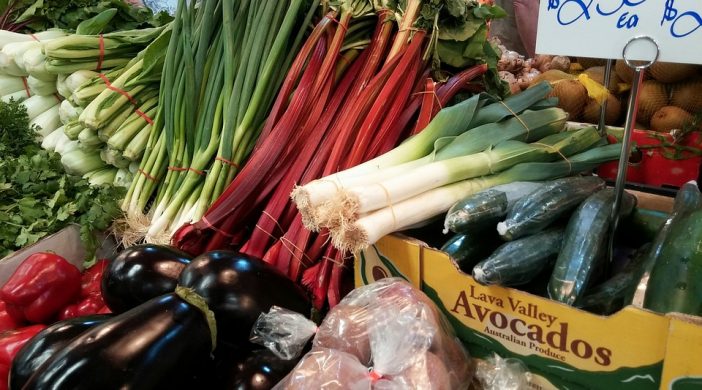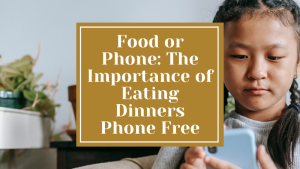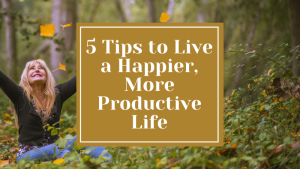
1. Get Plenty of Grains
Whole grains and cereals are excellent sources of carbohydrates, healthy fats, and proteins. Whole grains are perfect additions to your vegan pantry. Buying them in bulk to keep them properly stored and easily accessible is the best way to keep them around. Store them in labeled and dated sealed containers in the driest part of your pantry.
2. Do Your Best to Buy Fresh
Almost everyone should eat more produce. While fresh is ideal, it is far from practical. Some foods need to be bought fresh as they just won’t taste right when canned or frozen. Buy fresh and whole, and wash before storing in the humidity-controlled crispers in your refrigerator.
3. Buy Root Vegetables
Root foods, like potatoes and onions, and flavor companions like ginger and garlic can be fickle. However, if stored properly, they can stay fresh for a long time. Keep potatoes, garlic, and onions in a cool dark place and spread out so that there’s air moving between them. Ginger keeps fresh better in the “butter” section of the fridge.
4. Double Check Everything
Not every store is vegan-friendly. Big grocery stores will often have a section of dedicated to vegan foods, but aside from that, you will have to do a lot of double-checking. If you want to avoid big stores, try farmer’s markets, or health co-ops.
5. Buy in Bulk
As long as you’re diligent with your list of ingredients and are using proper storing techniques, there’s no downside to buying in bulk. Especially, for items that are hard to find or require trips to specialty stores. Keeping a large amount of non-perishable items on hand makes creating vegan-friendly meals a lot easier.
A good warehouse store will have the best deals on foods like your dry pantry goods and occasionally even organic produce!
6. Canned Goods May Not Be the Most Nutritious
Canned goods are incredibly convenient, but with the immense conveniences come several considerations. If you can your own harvests, you take care of these considerations on your own. Otherwise, pay attention to the labels on the canned foods.
There’s often a lot of sodium or sugar in them. Manufacturers may also be using intense heat to protect the foods from diseases, which can also destroy a significant portion of the nutrients. If you can, frozen vegetables are usually healthier than canned vegetables.
7. Stock Up on In-Season Fruits and Vegetables You Can Freeze
If your favorite fruit or vegetable is on sale fresh, you may be able to buy it in bulk and freeze it for later. Several kinds of fruits and vegetables are perfect for freezing, including berries broccoli, and peppers. Keep several bags of your favorite pre-bagged or personally bagged vegetables on hand. They’ll taste great during the winter months.
8. Stock on Herbs and Spices
Having a large selection of dry herbs and spices on hand will give you a lot of variety when cooking. Plus, it’s never fun to be in the middle of making a meal, only to realize that you’re out of the spice you need. Also, look for a full, healthy salt to use instead of one of the very processed ones to make sure you’re getting all the benefits of the micronutrients.
Dry herbs and spices generally keep good up to six months after opening. Keep that in mind when purchasing them and don’t go too crazy. Ask yourself, are you really going to use a quart size of curry powder in six months?
9. Learn Label Lingo
Learning how to decode the ingredients list on the packaged foods you buy is going to be very helpful on your vegan journey. Nutrition facts labels list the ingredients by largest volume. This means that if a jar of sauce says “tomatoes” before “corn syrup,” it’ll contain more tomatoes than syrup.
Some labels use sneaky terms to hide foods you don’t want in them. If you’re unsure what a word on a label means, don’t be afraid to ask an employee or call the 800 number listed on the jar. That’s why the number is there after all.
10. You can still have plenty of sweet treats
While you probably eat a lot fewer cookies, treats, and other processed foods as a vegan, you don’t have to completely cut them off from the list of your guilty pleasures. Famous Amos Vanilla Sandwich cookies, Jolly Ranchers, Cracker Jack, Starburst, and Twizzlers are all vegan candies that you can keep around to feed that sweet tooth.
What’s your favorite vegan treat to eat? Let us know in the comments below!


